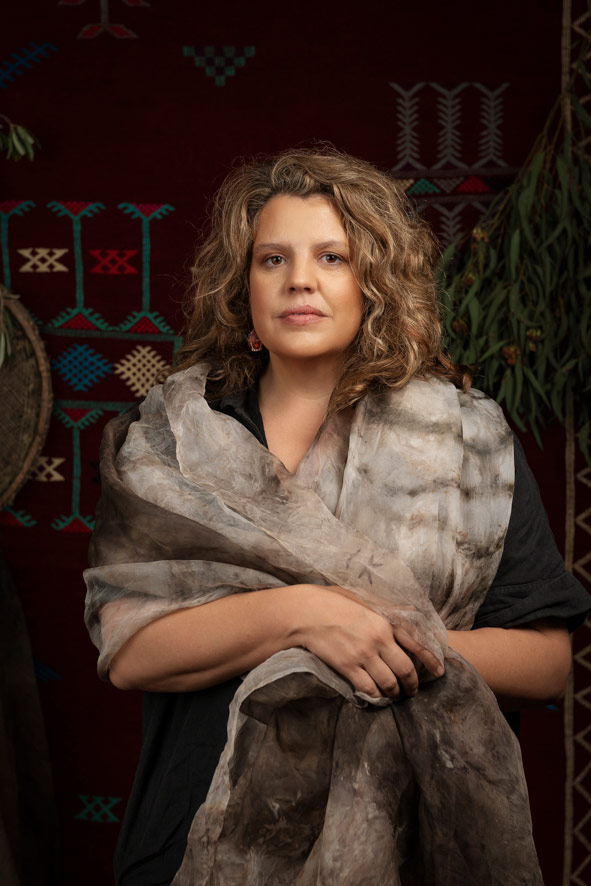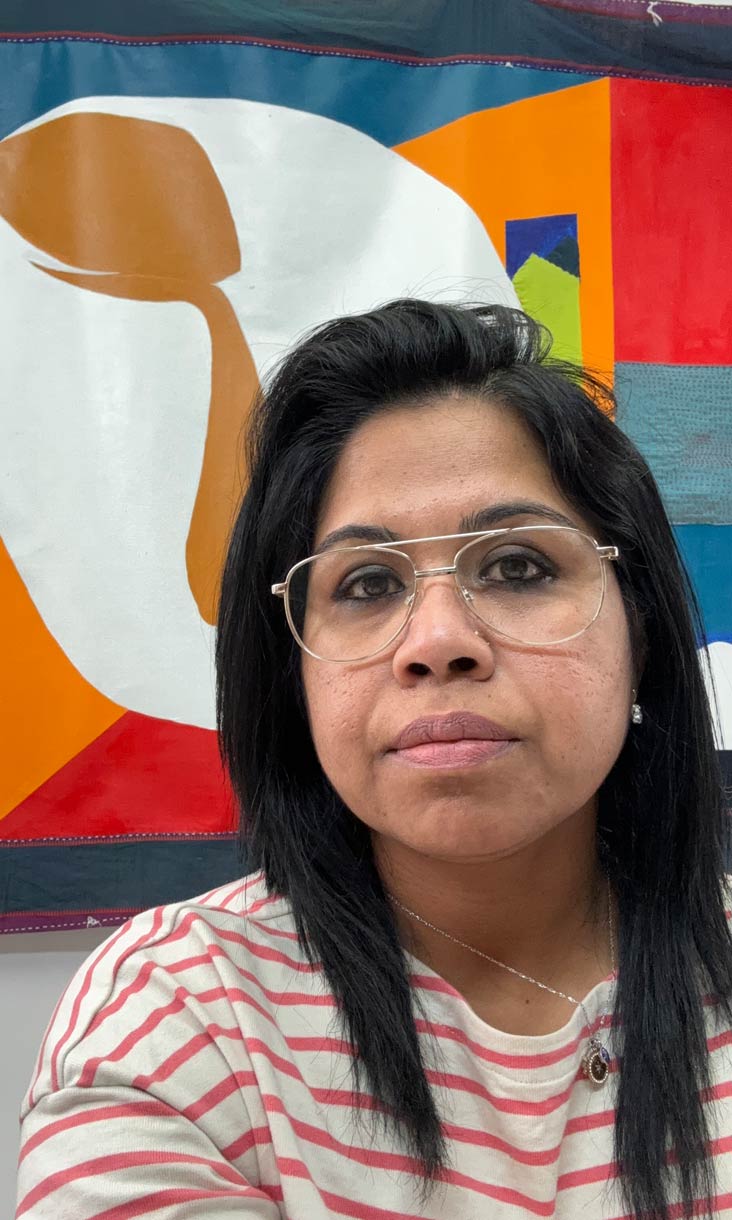To provide flexibility for working professionals and a range of learning experiences and different needs in the sector, the core course is delivered through a blended delivery model. This comprises intensive face-to-face classes as well as seminars, workshops with industry partners and site-based project work supported by online classes, resources, discussions and learning support. Electives are delivered in a variety of modes including blended, online and face to face.
Undertake real world creative and cultural production projects that are active and authentic, learning skills that are immediately applicable in your life and work. This course is designed to produce transformational and personal learning experiences, while building collaborative approaches to the production of creative and cultural forms.
We will provide you with a range of learning resources and course materials, through RMIT’s Learning Management System (Canvas), and will use a range of digital platforms available to you via your student account. You will engage with seminars, studios, workshops and project work, using methods such as collaborative group work, peer review and feedback, case studies, inquiry-based learning, and data analysis.






